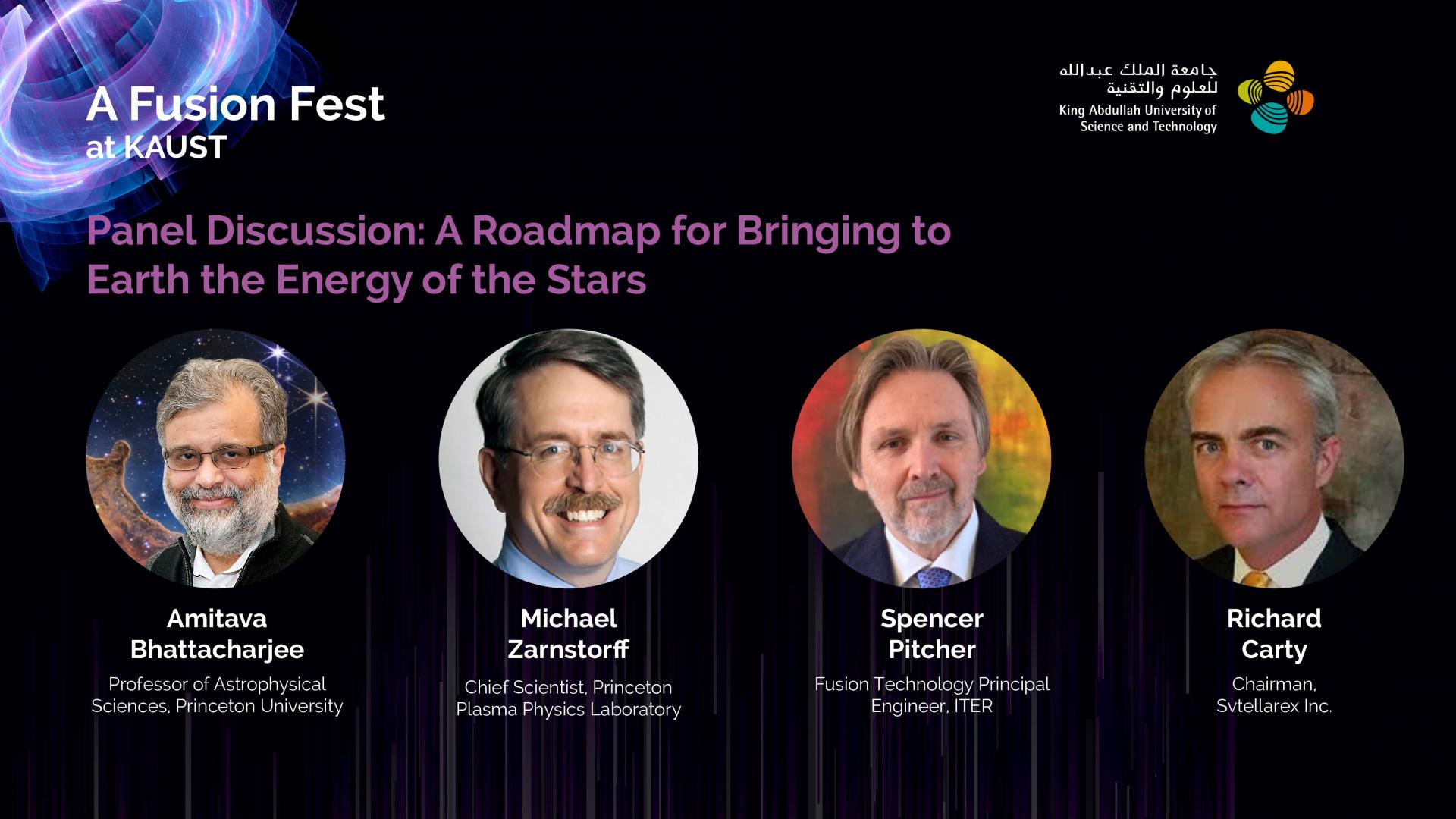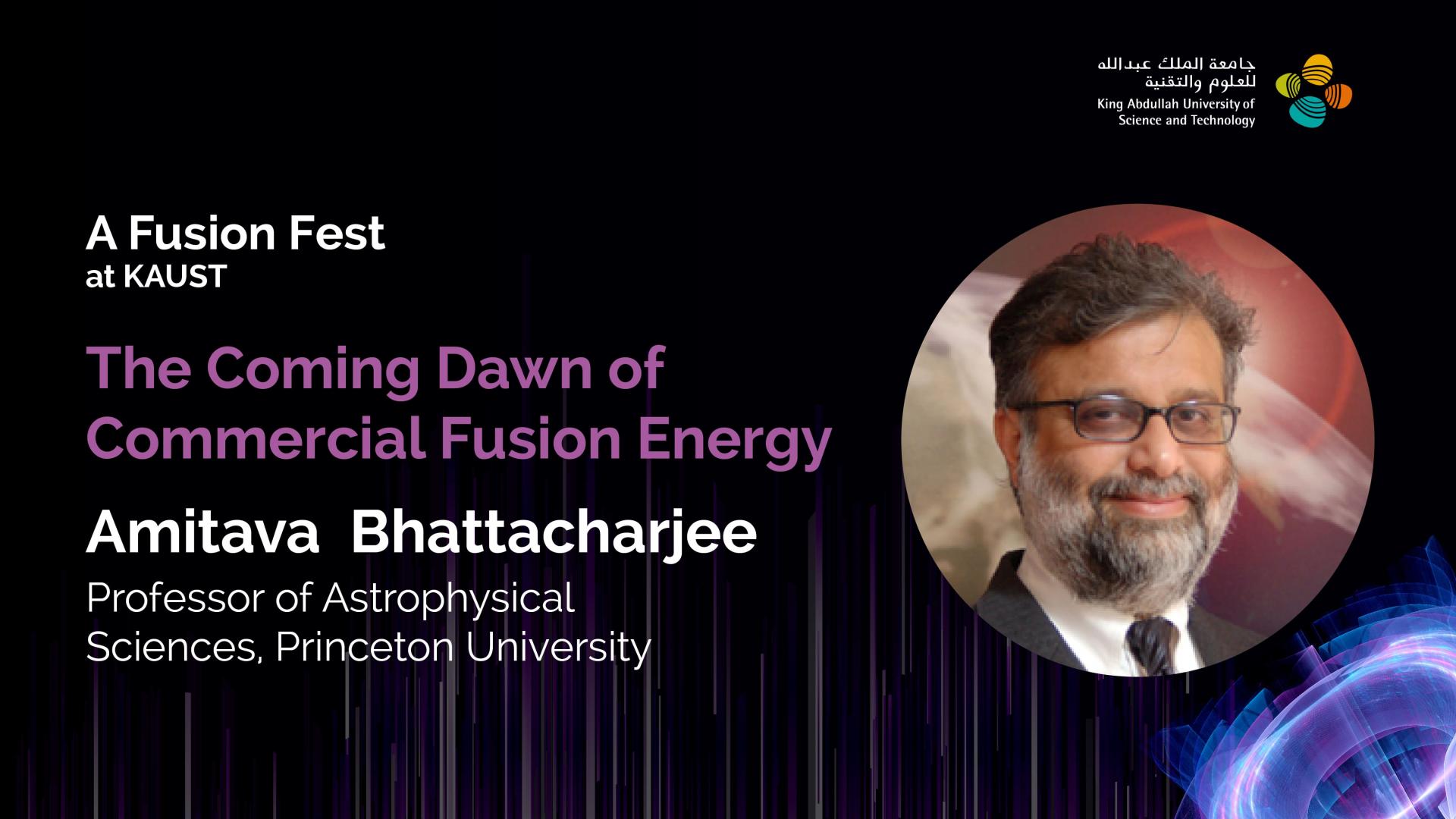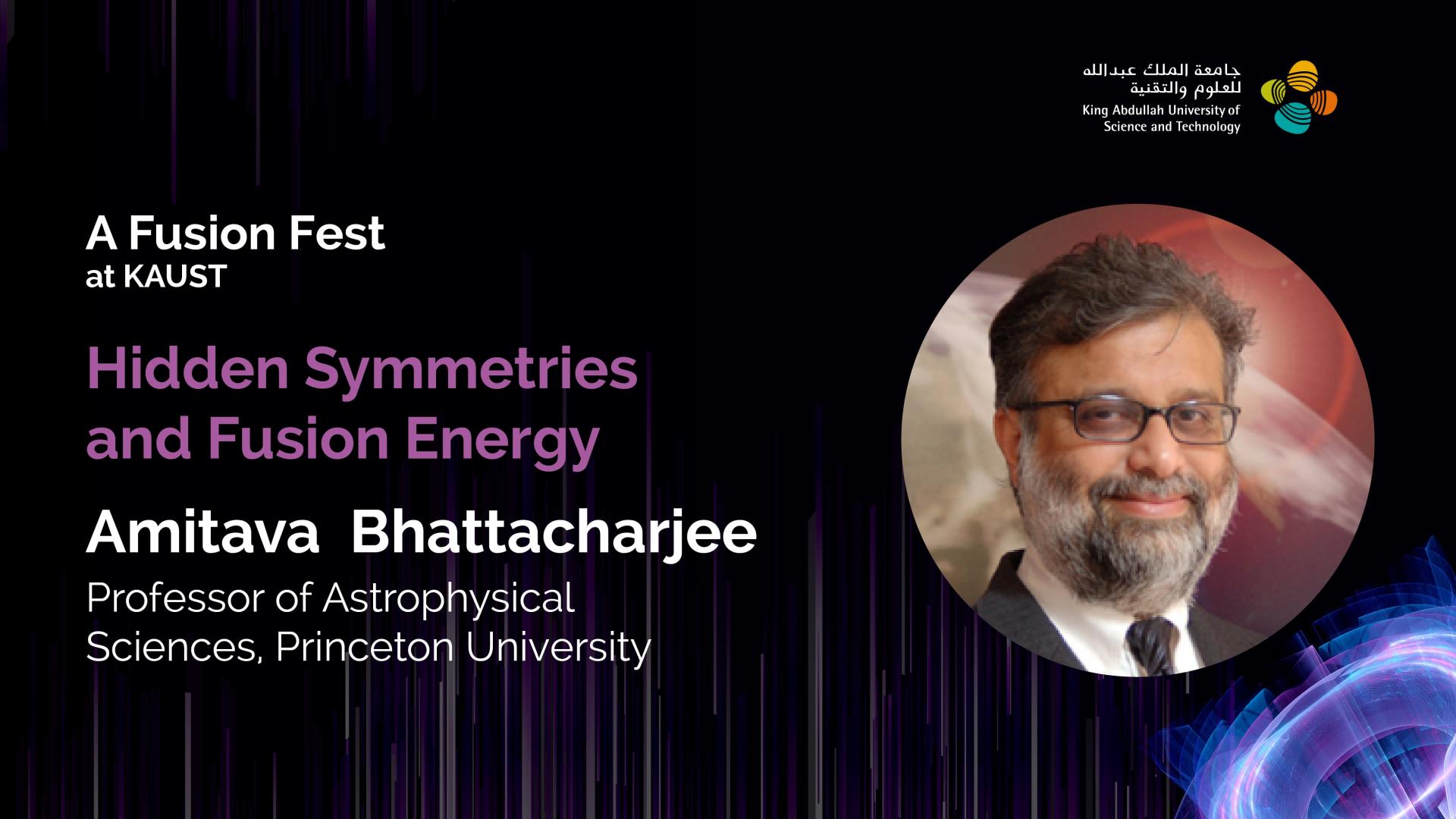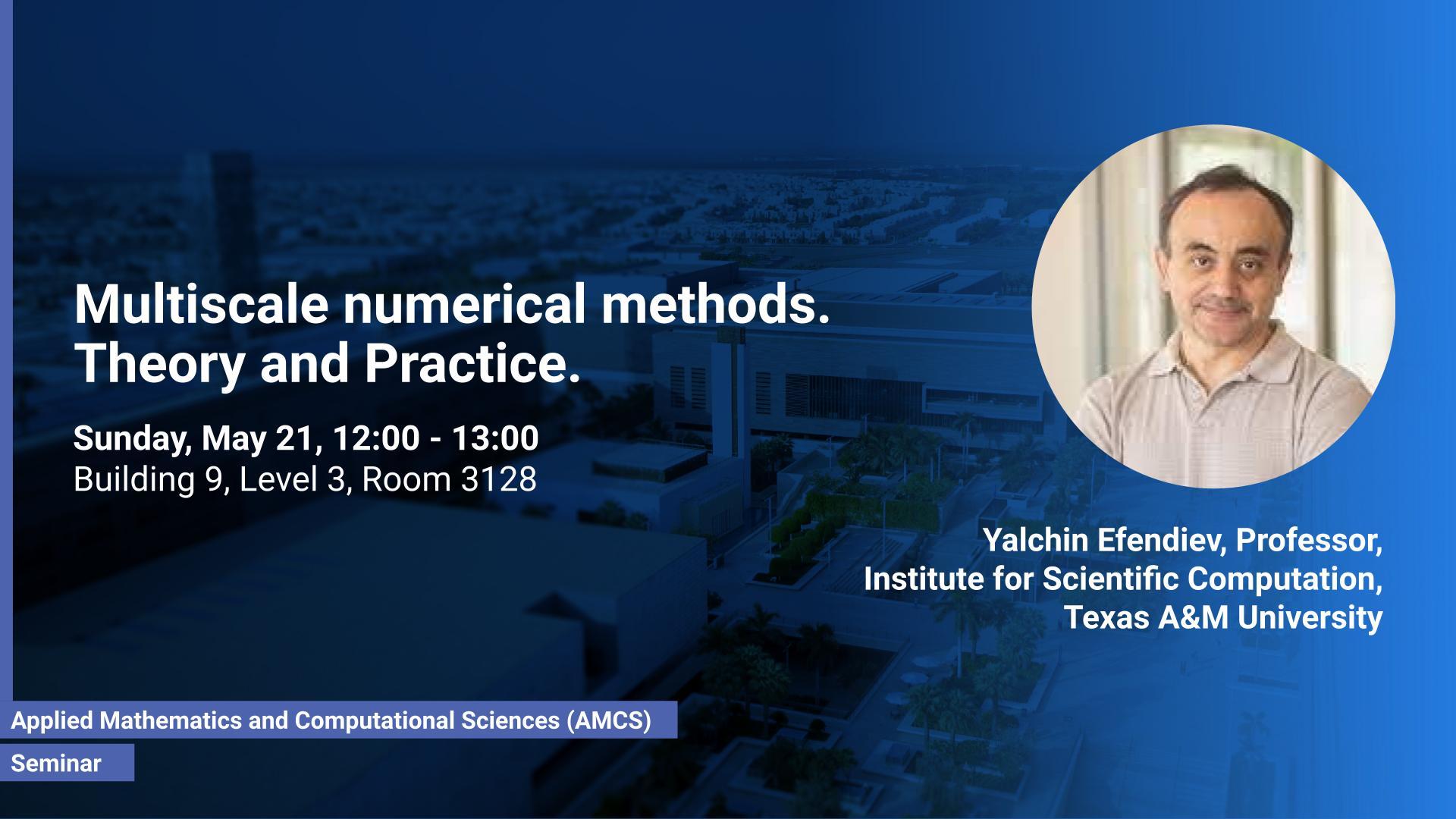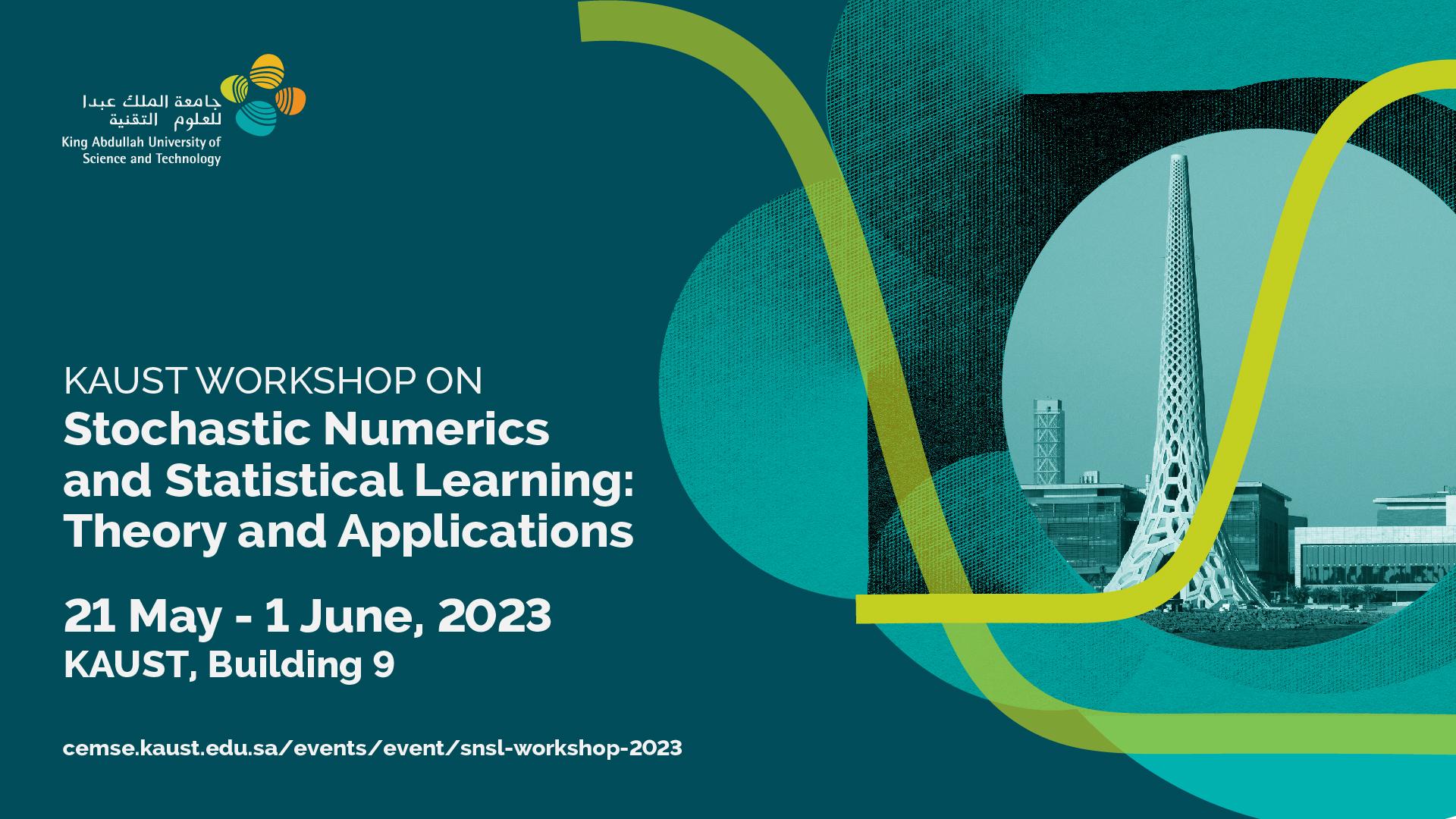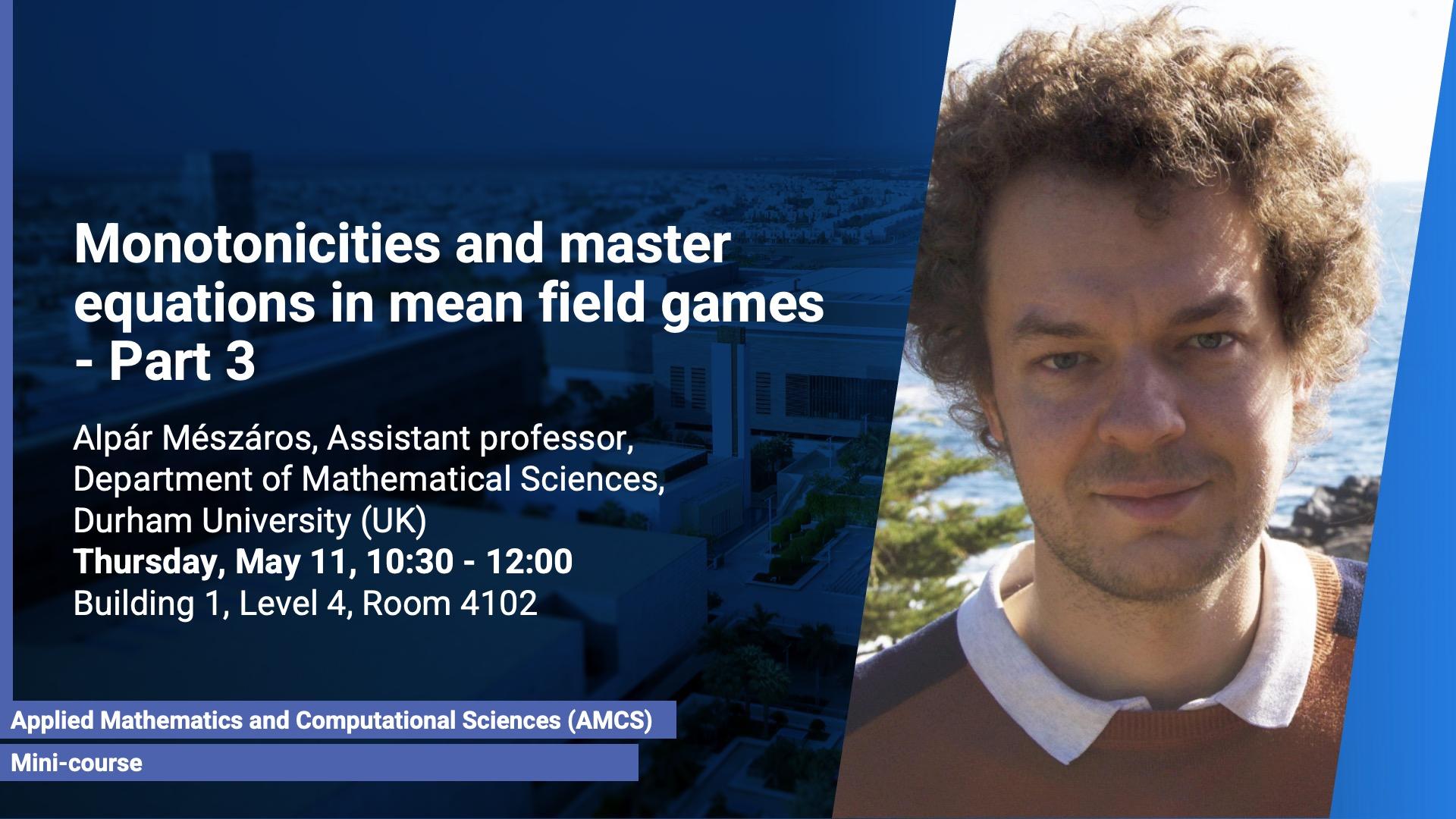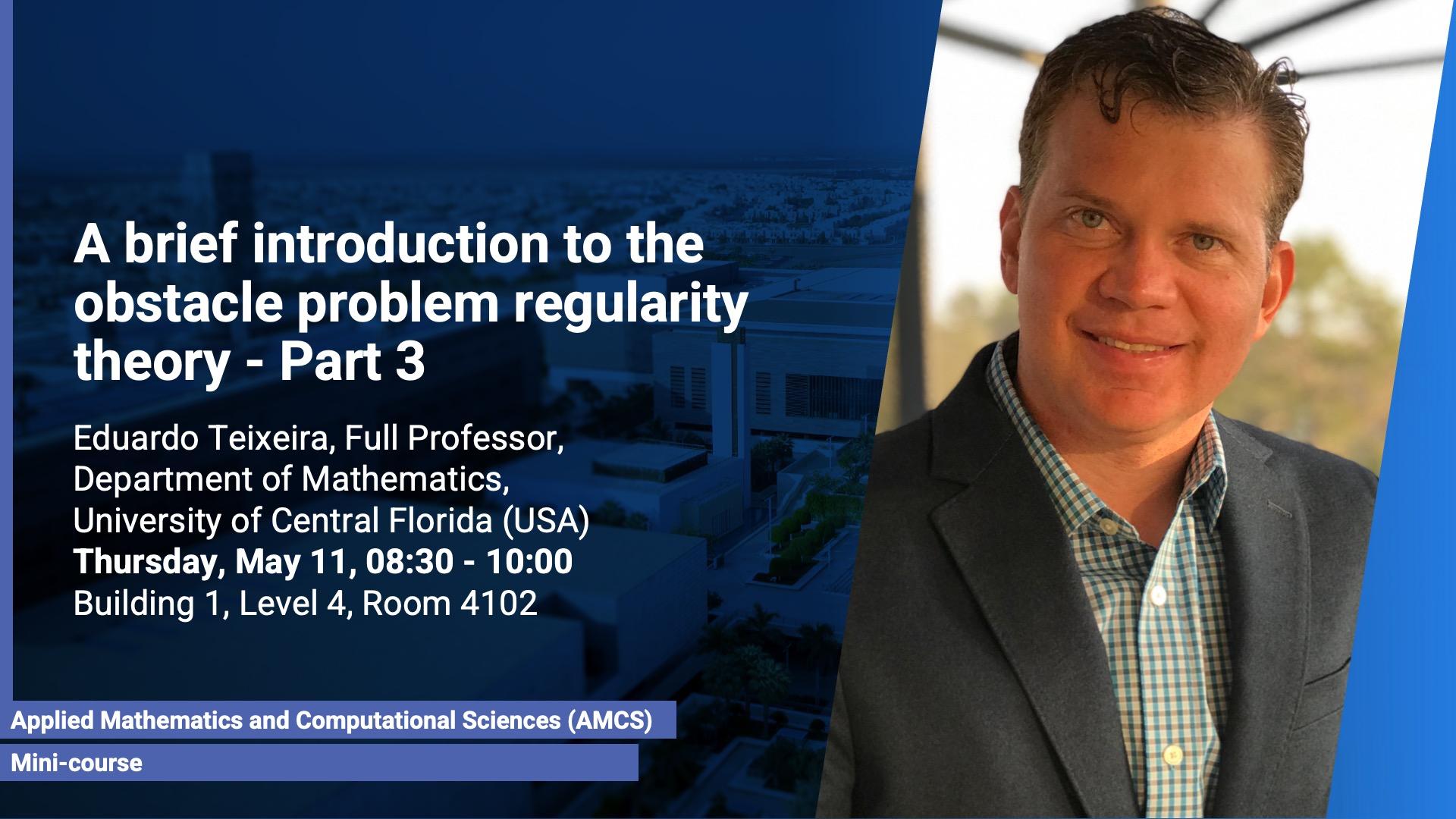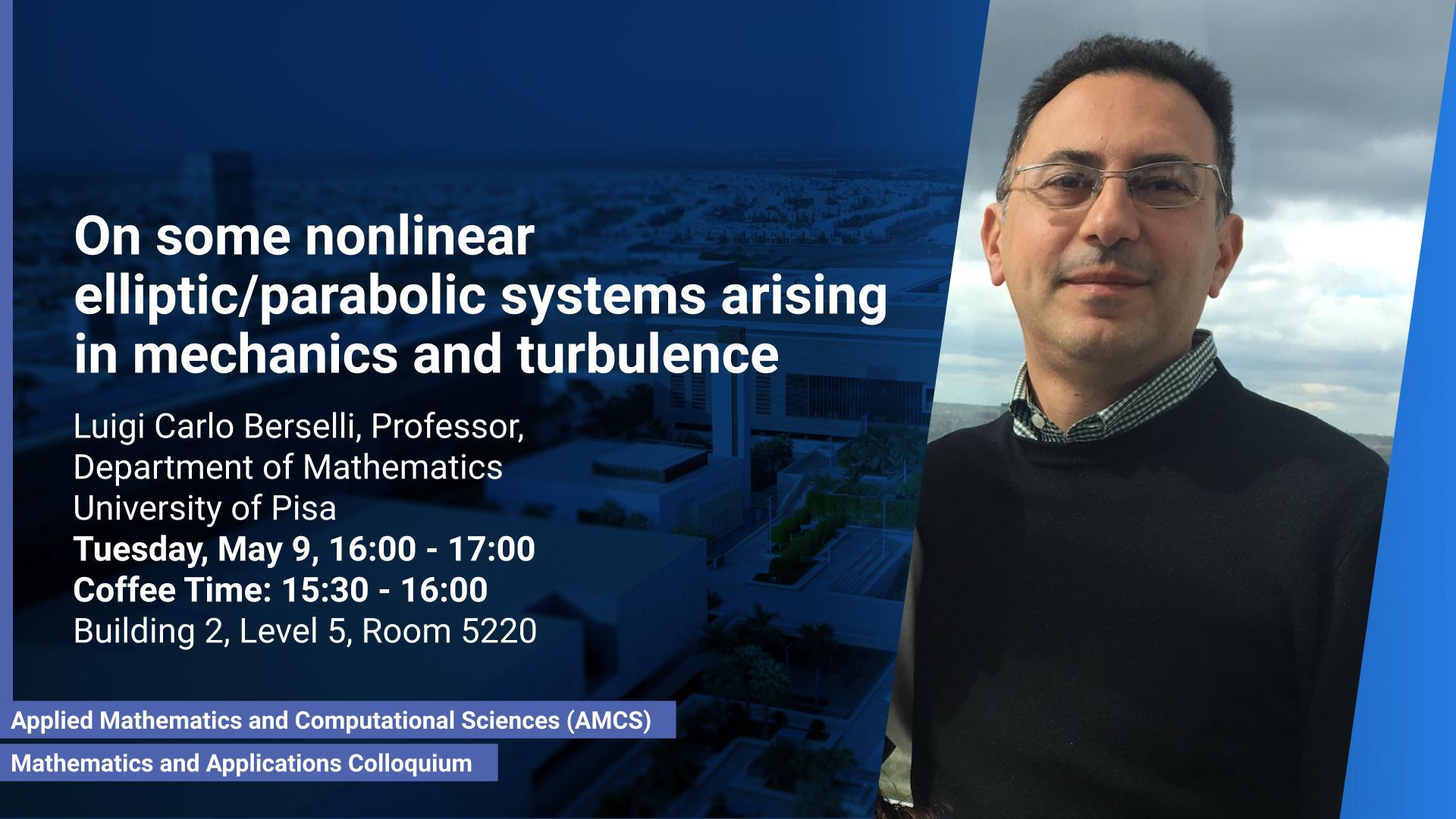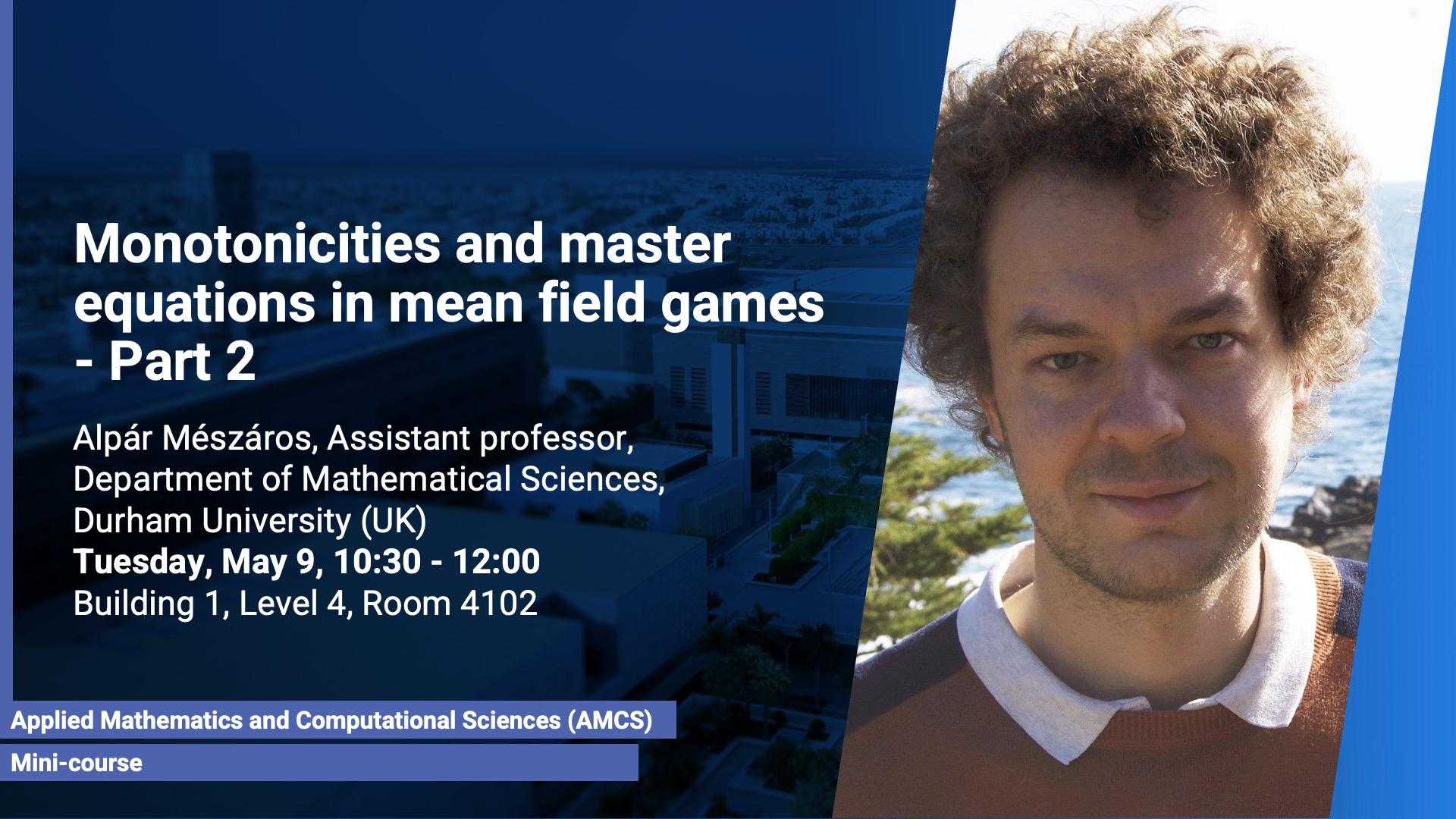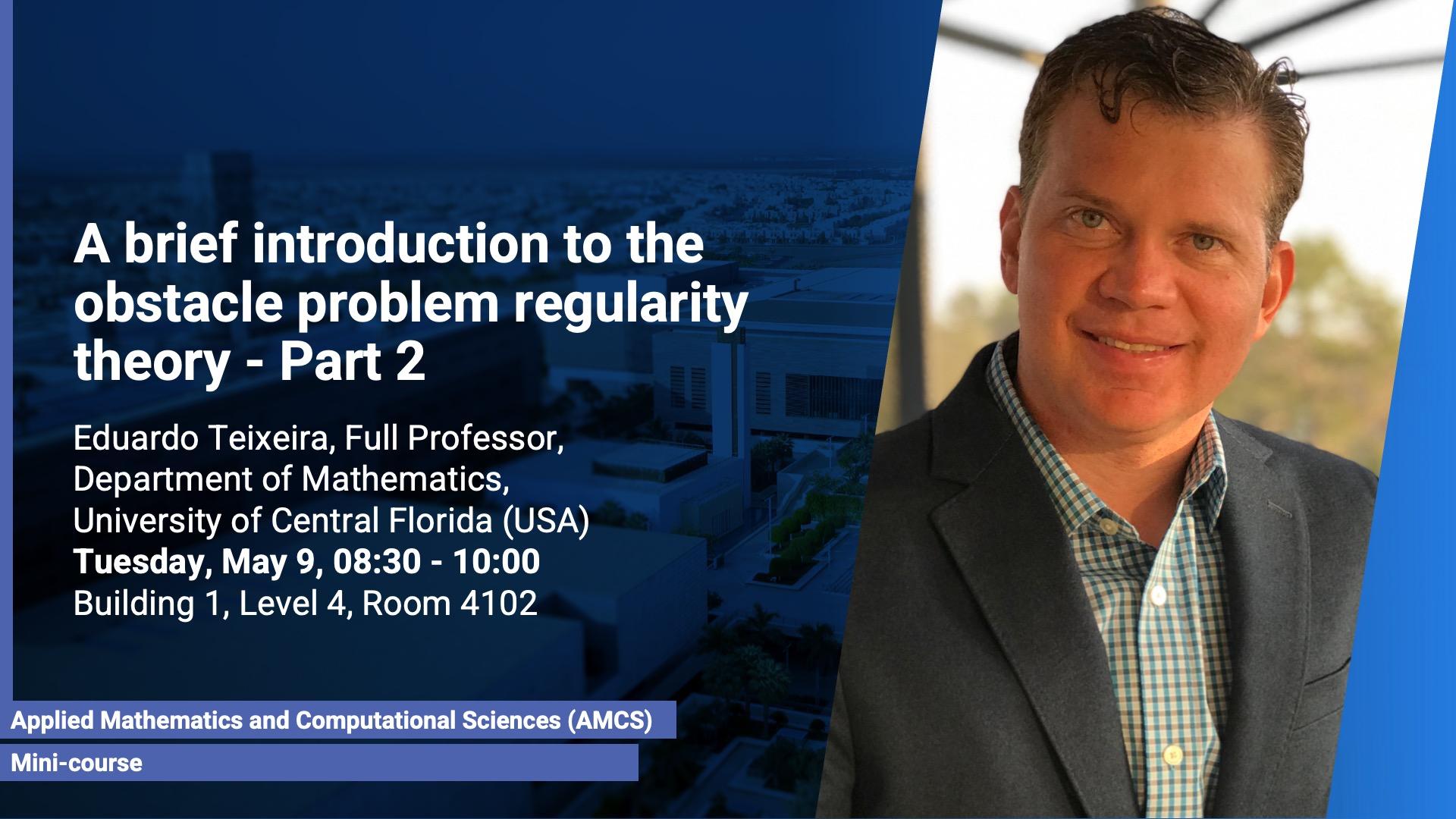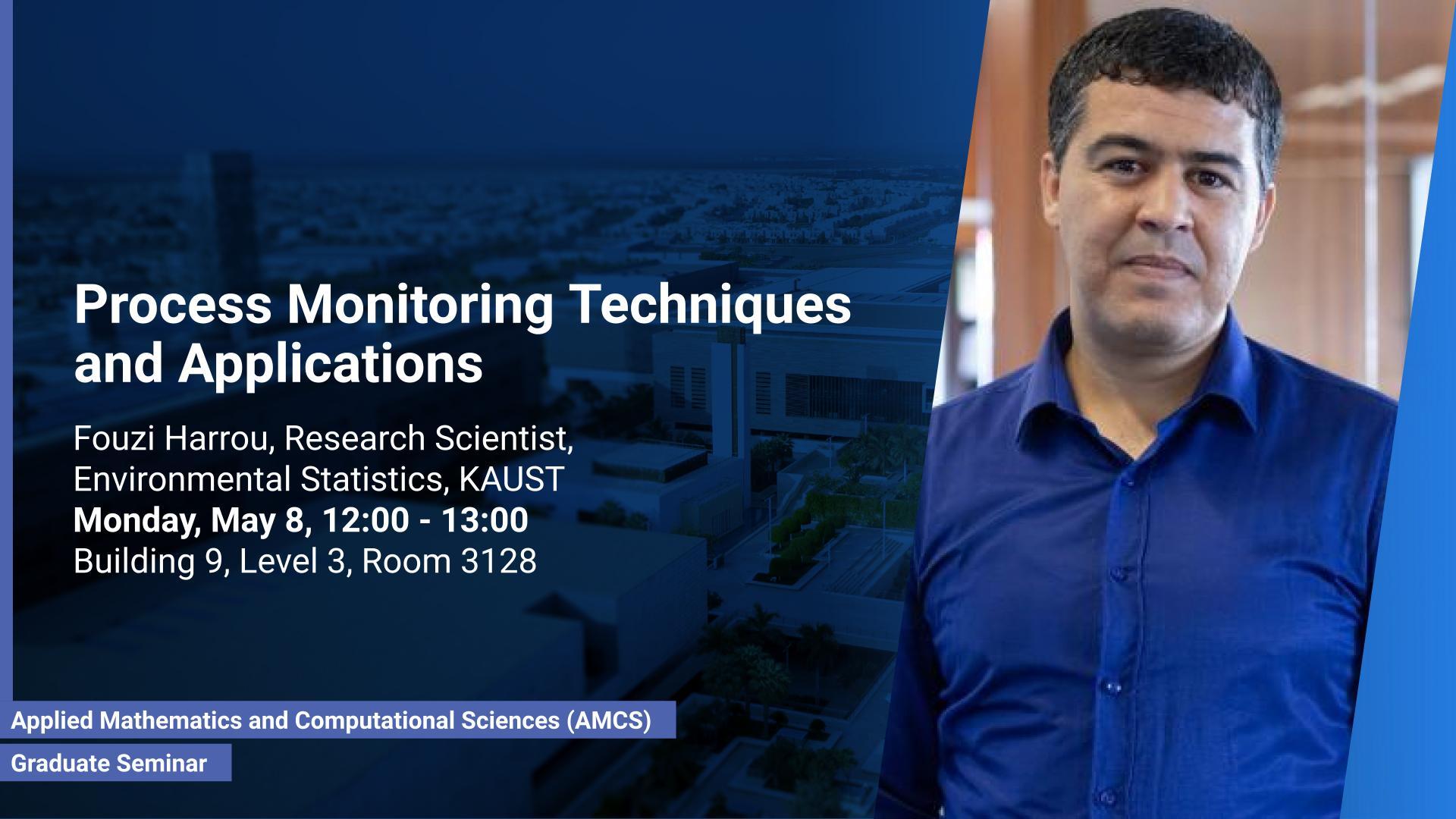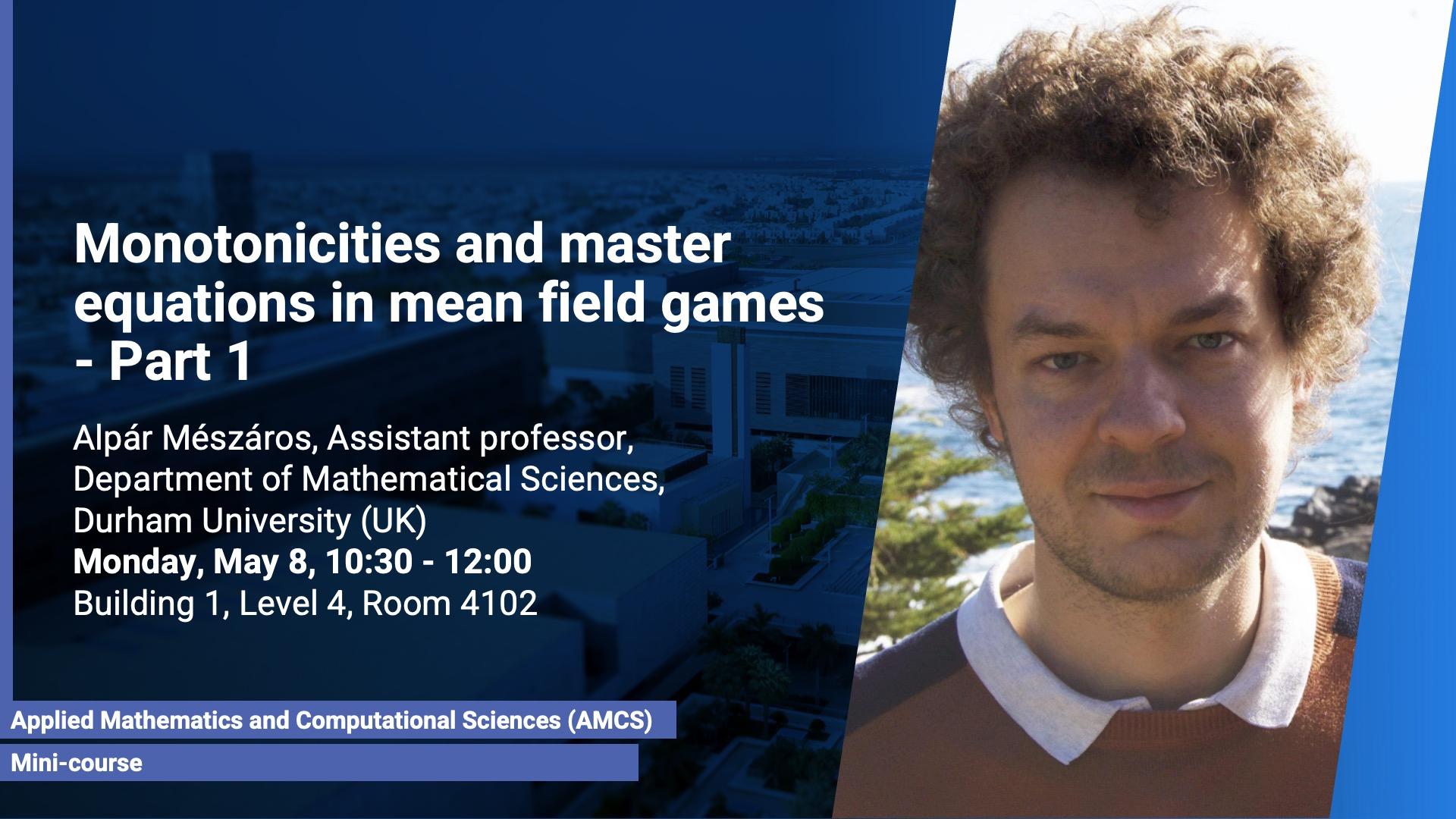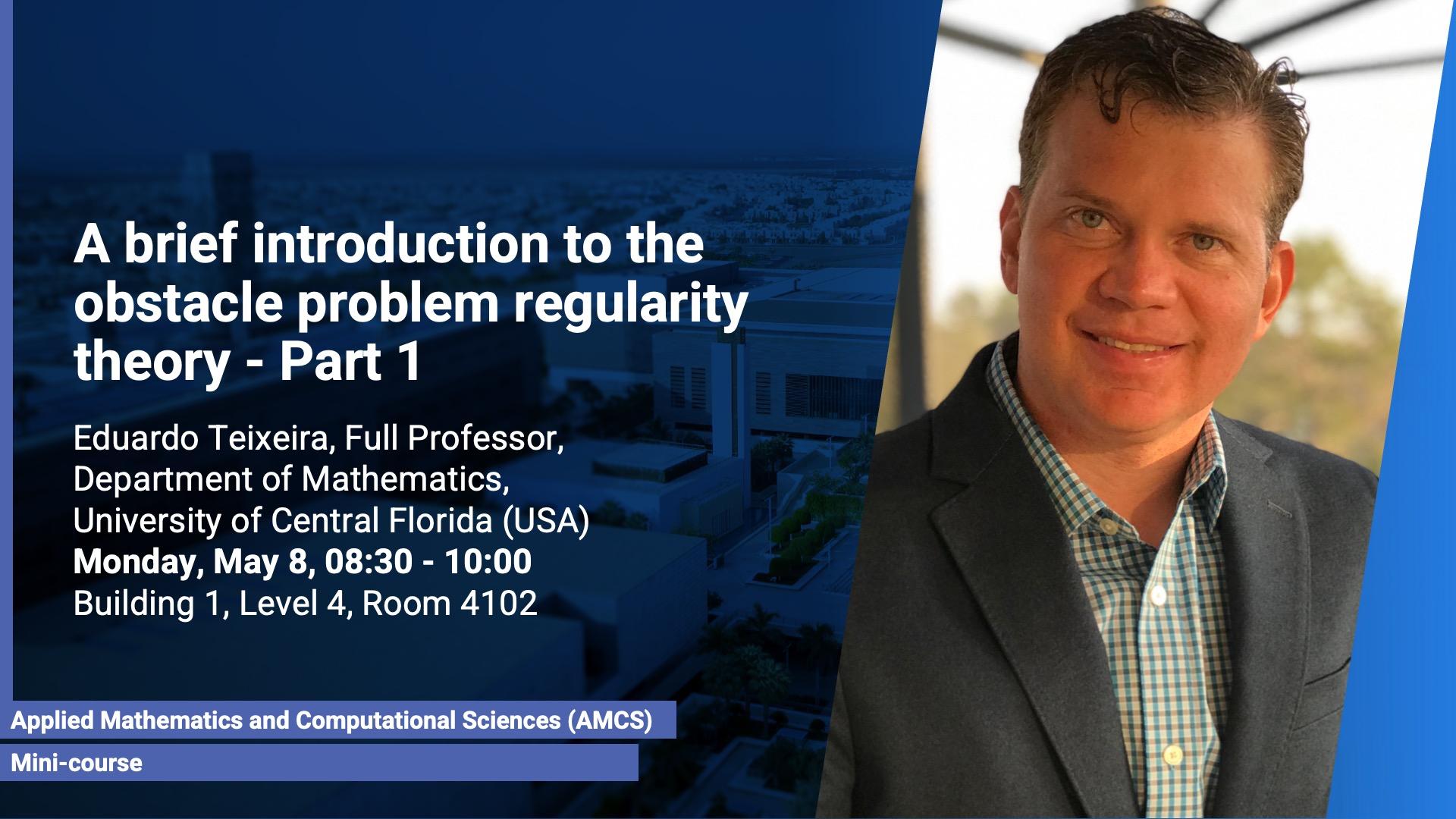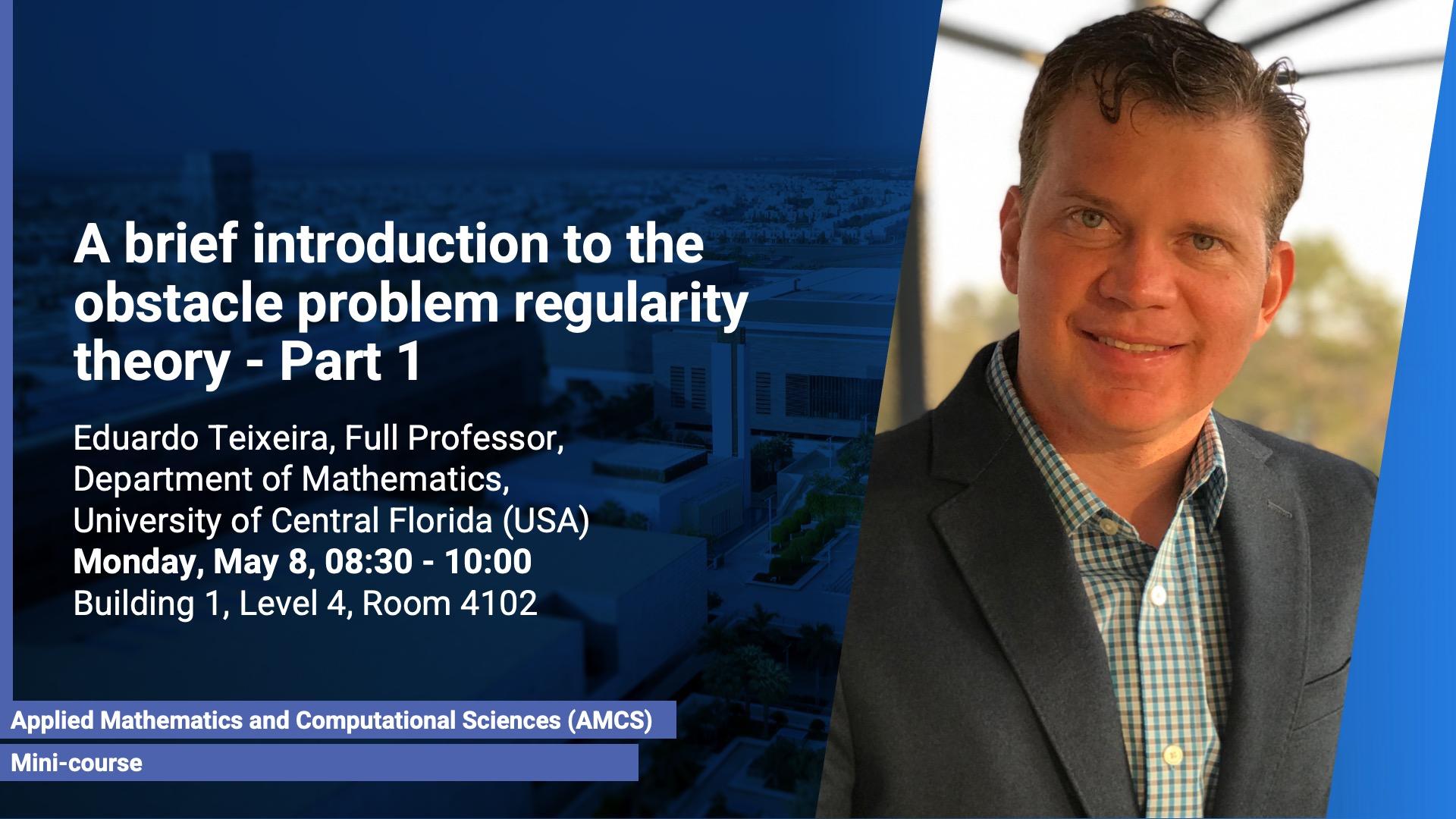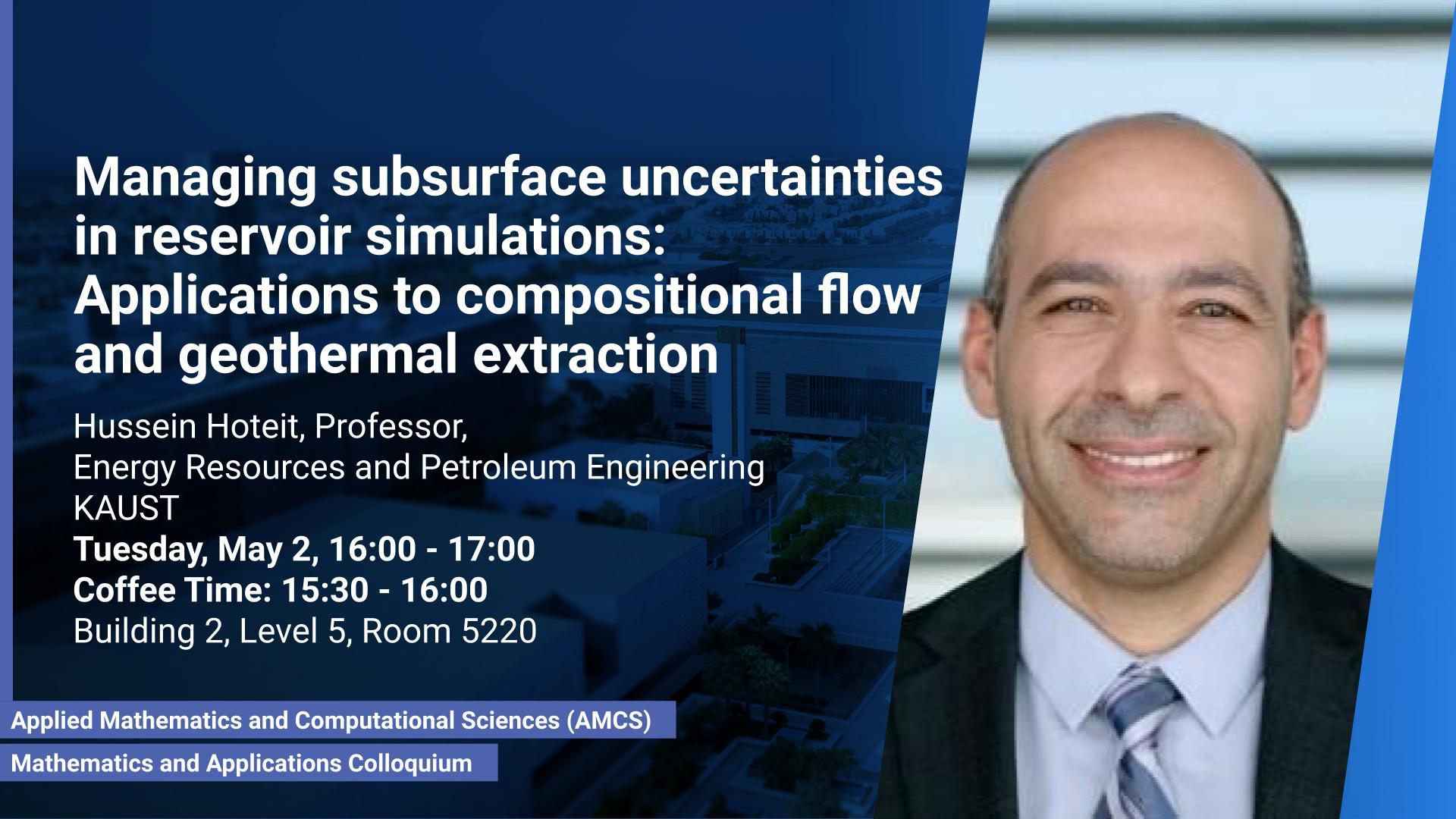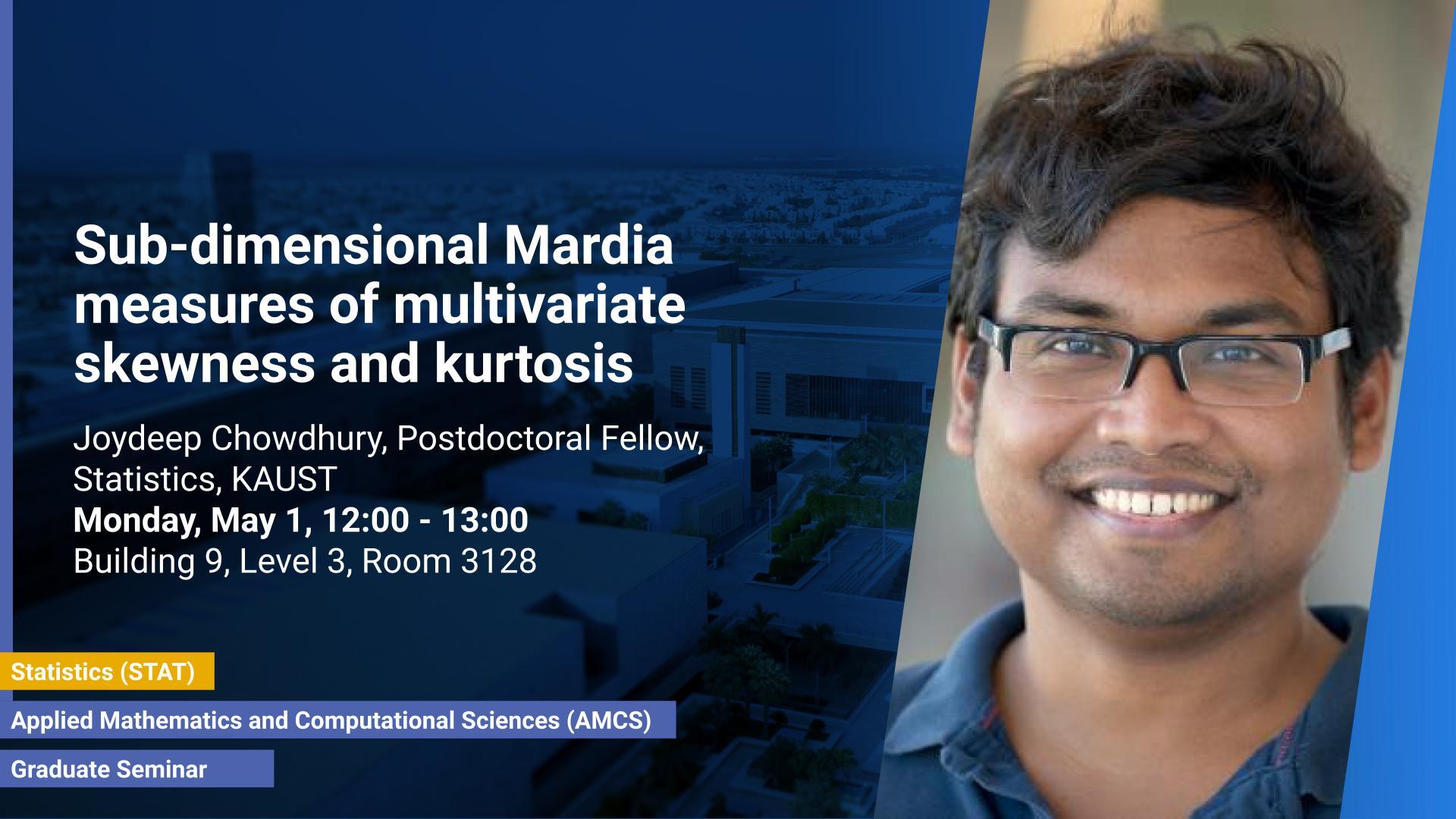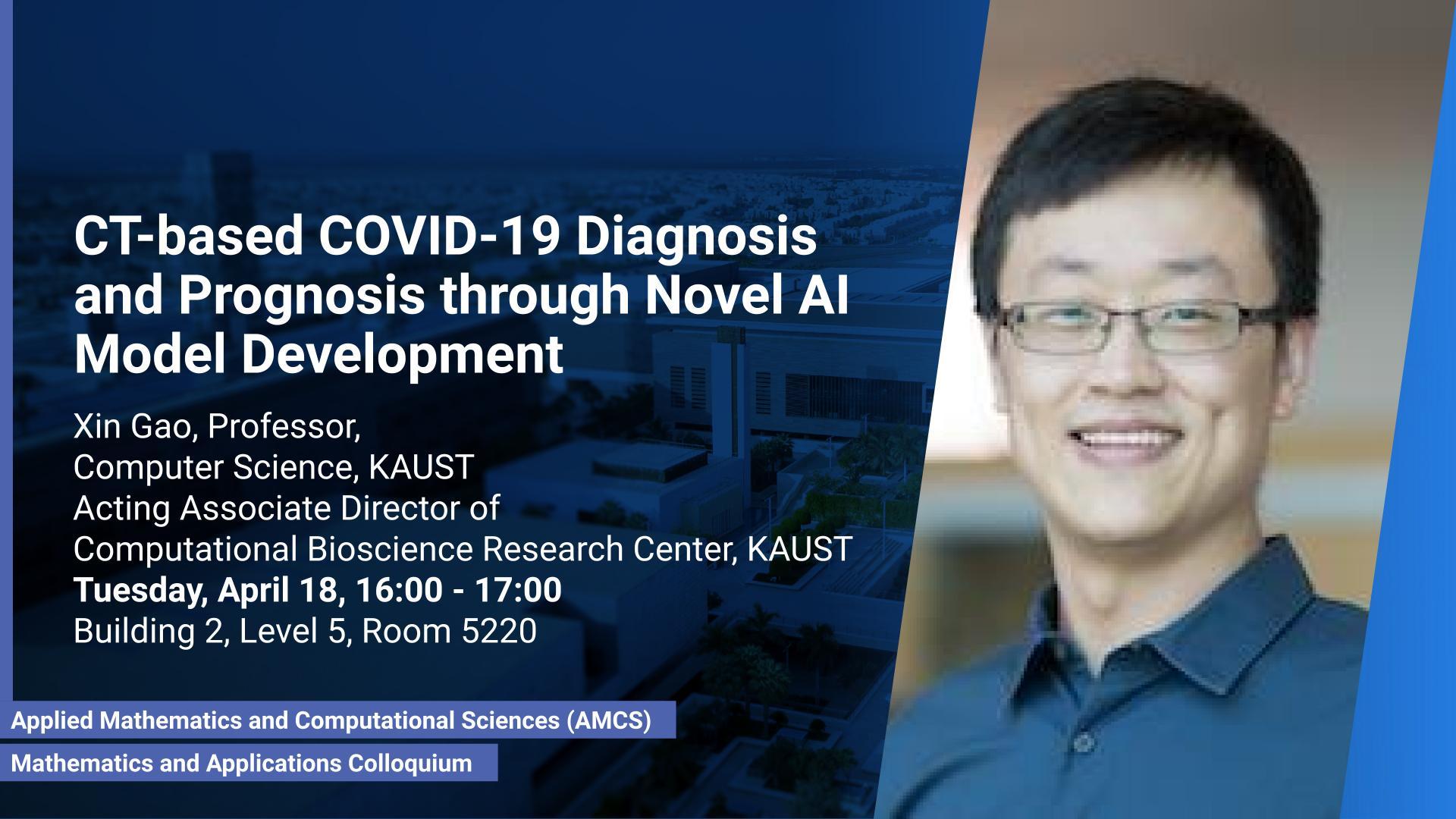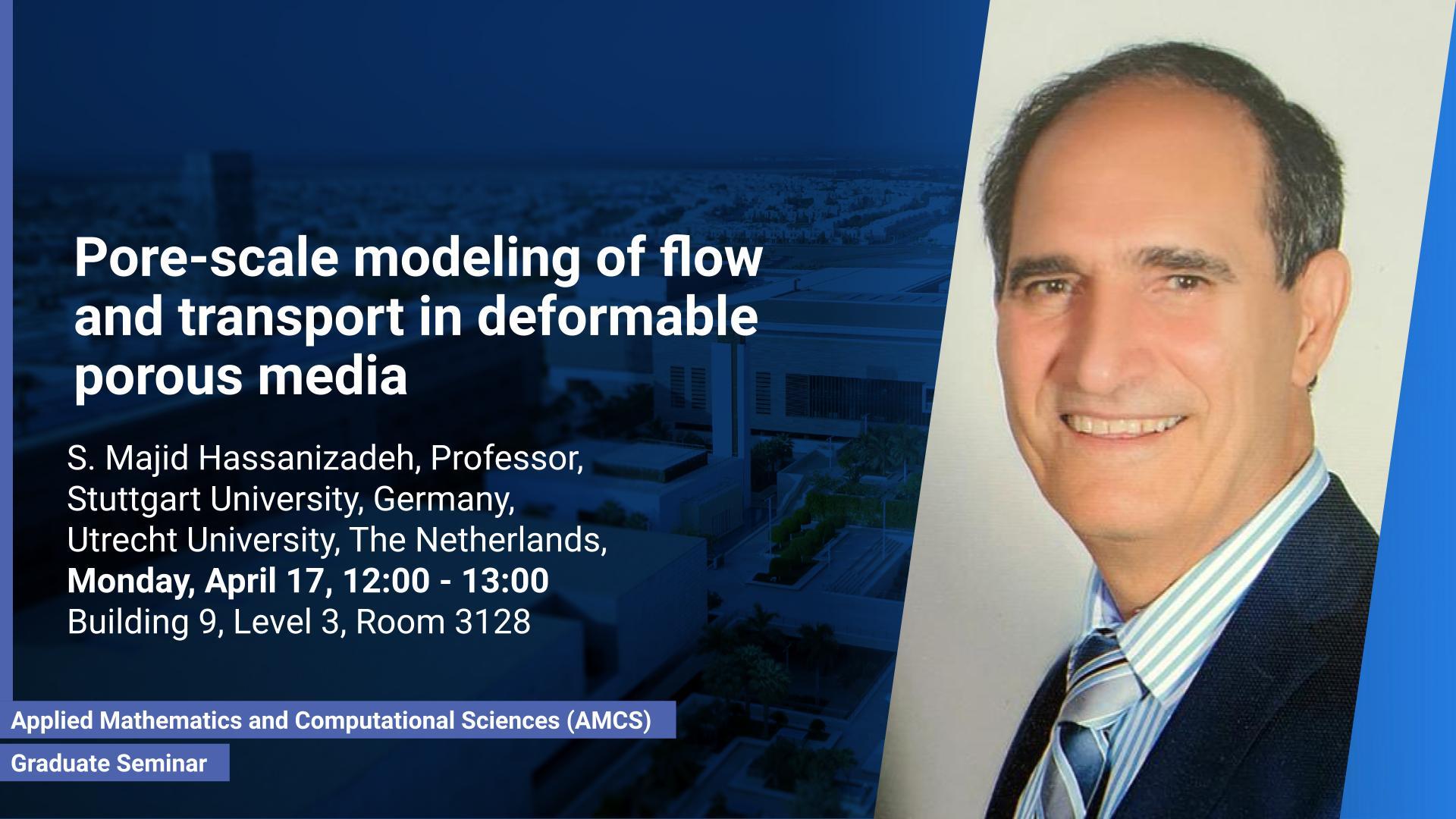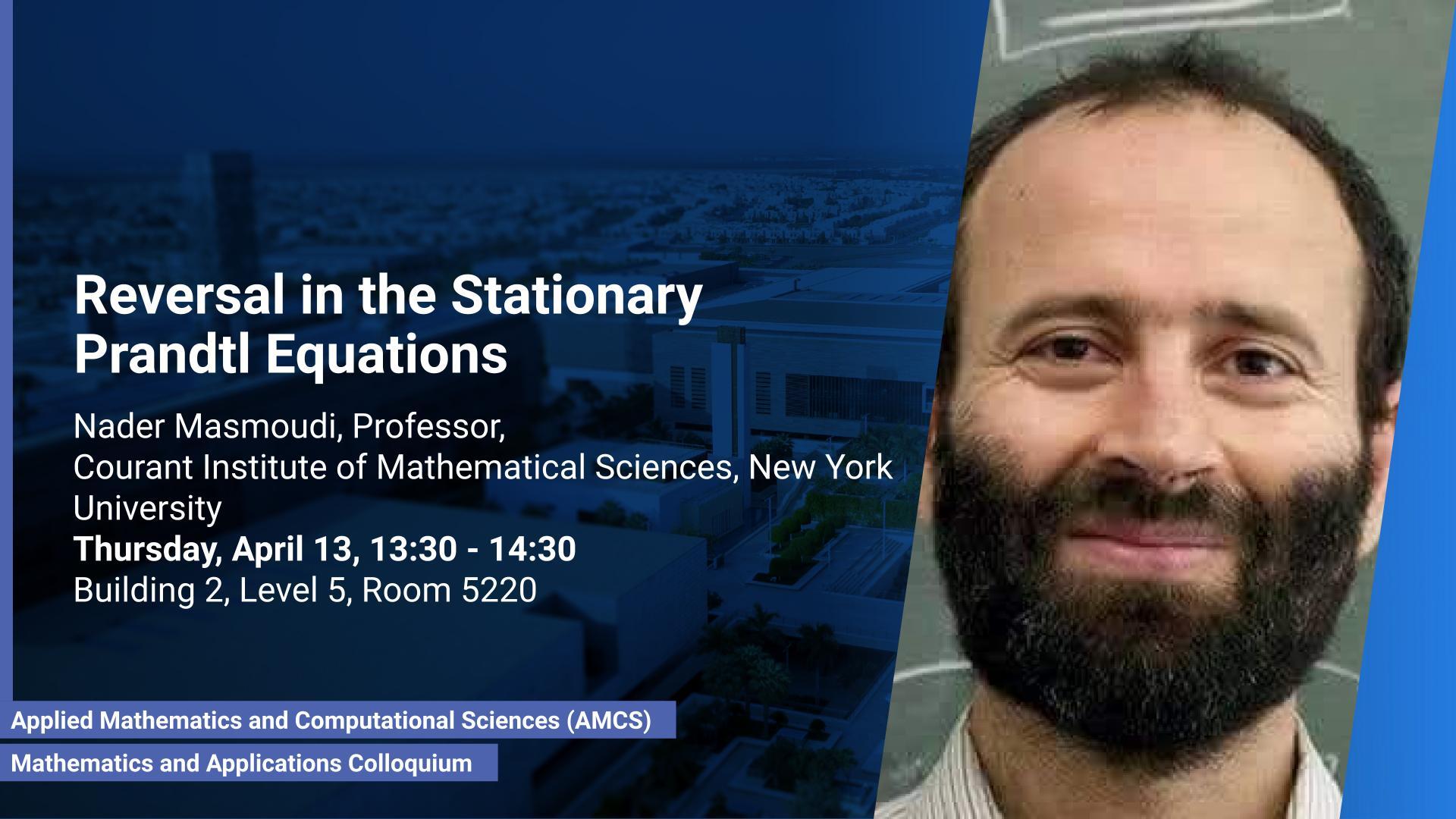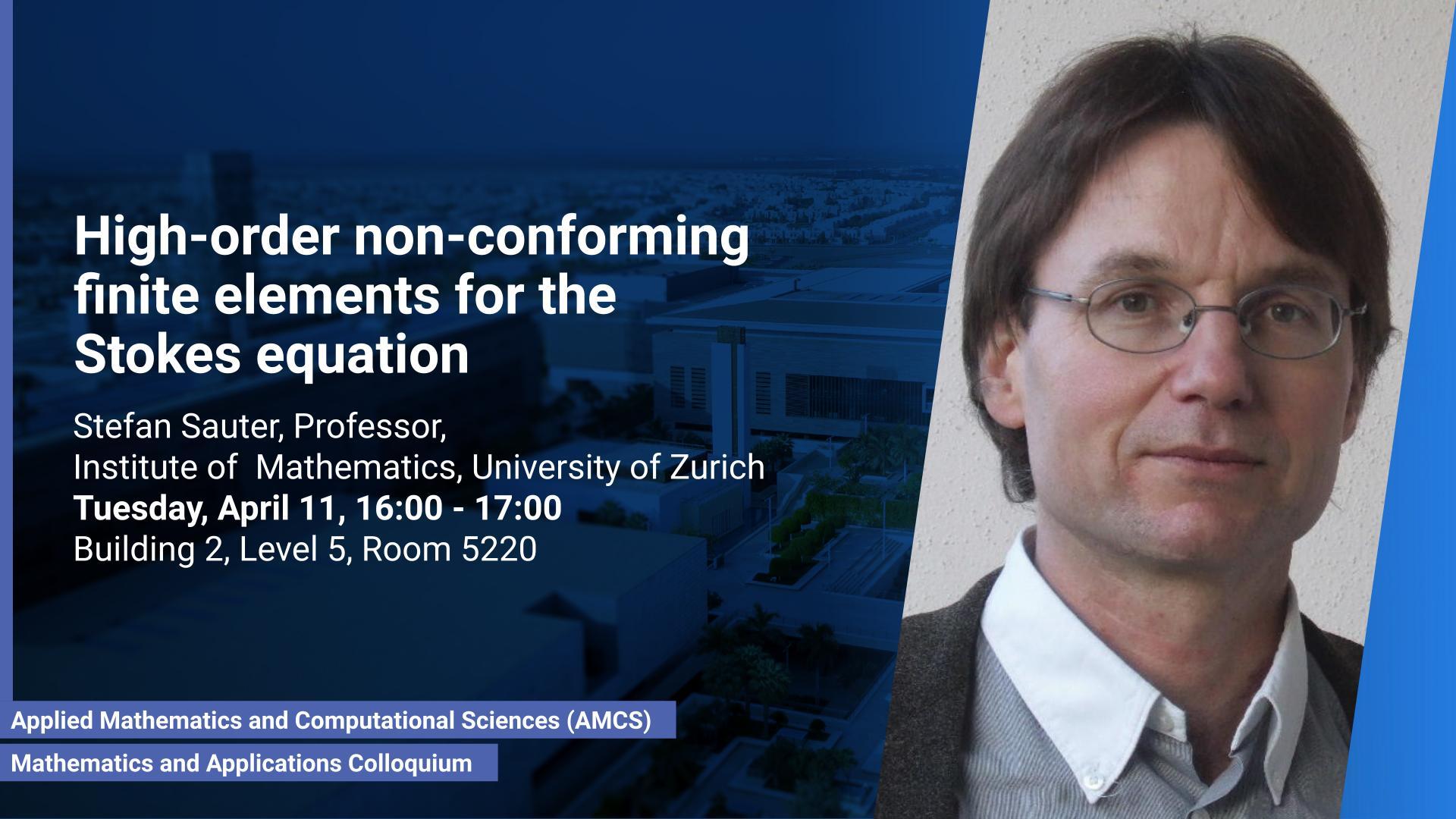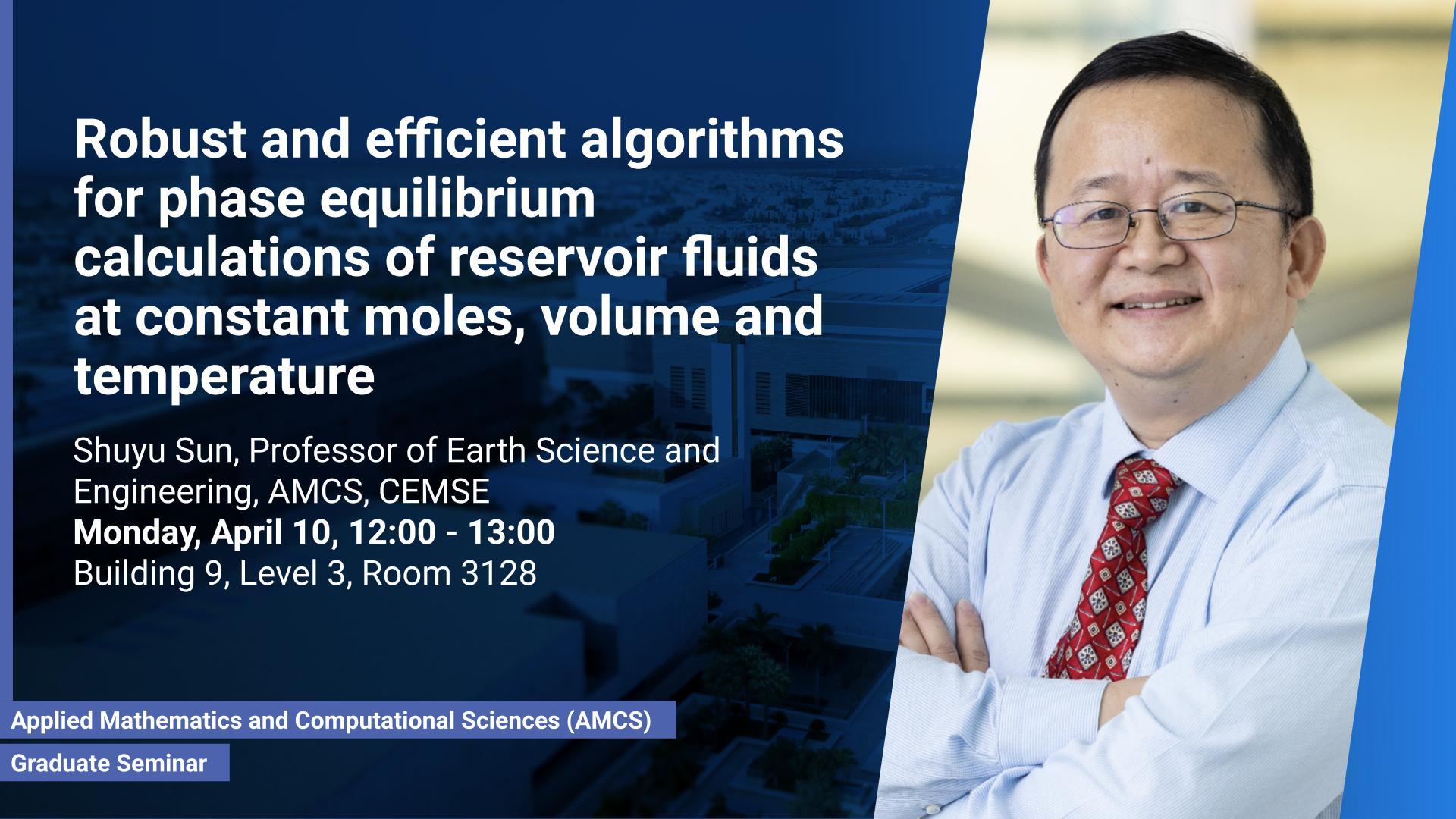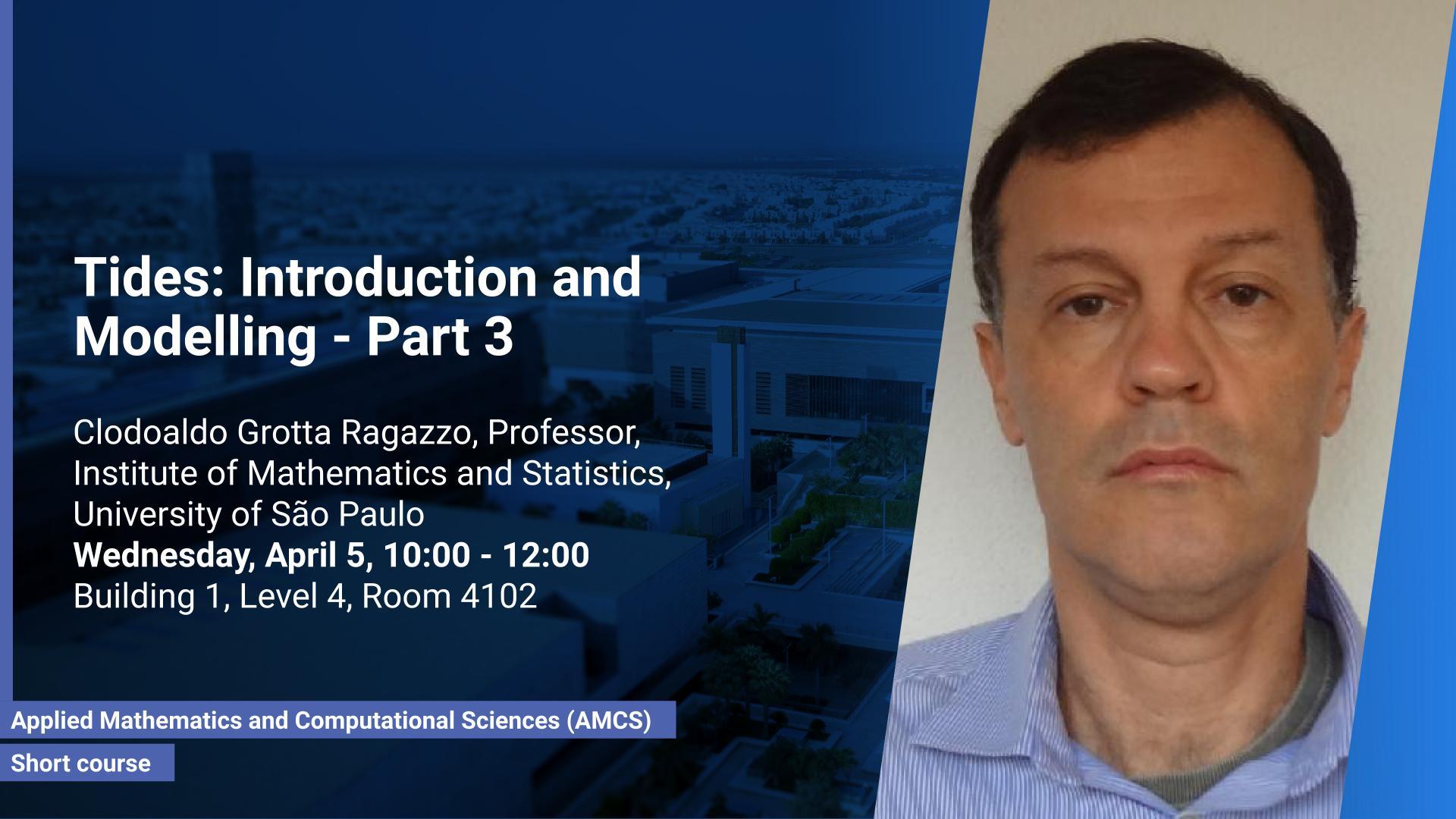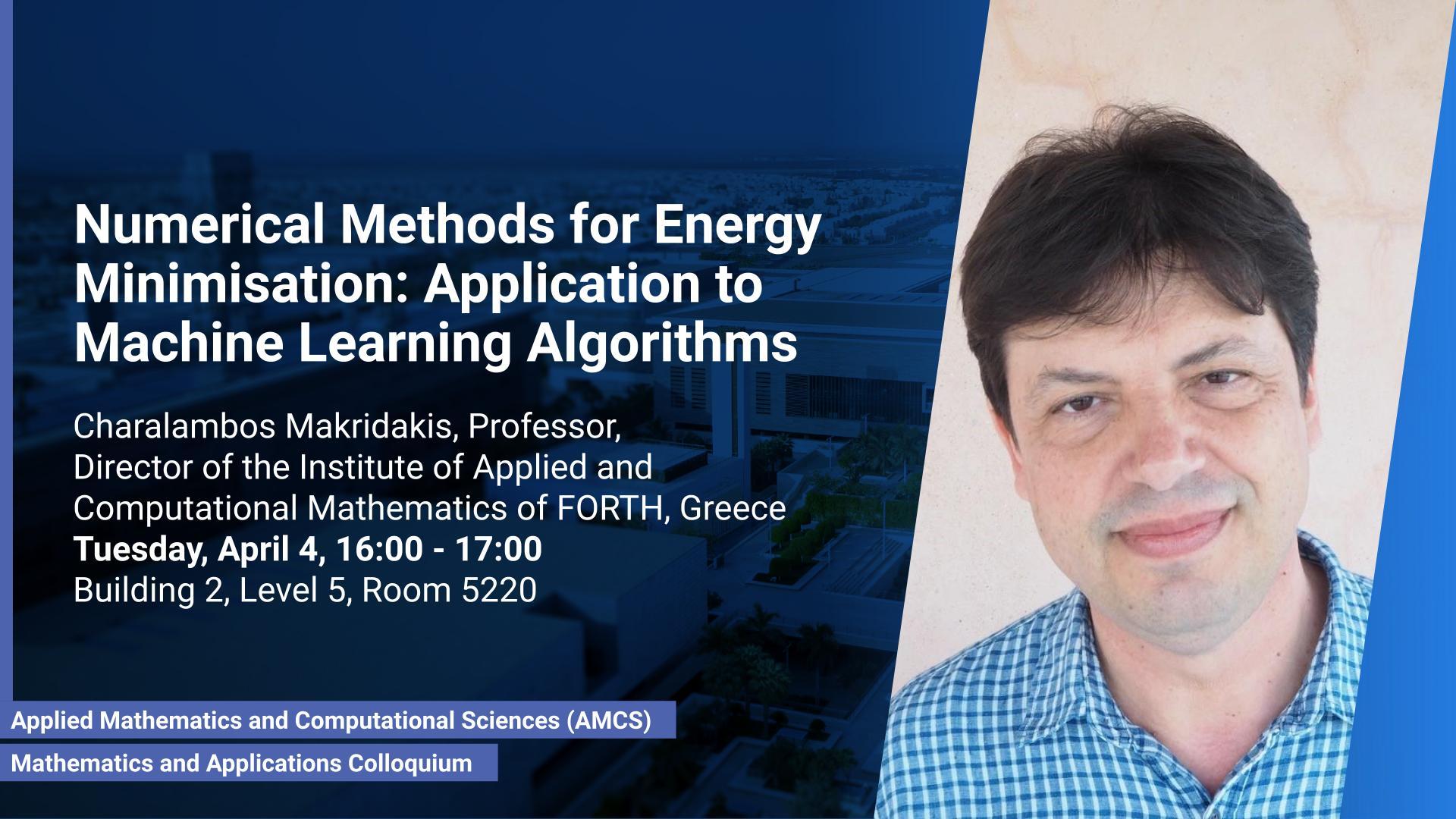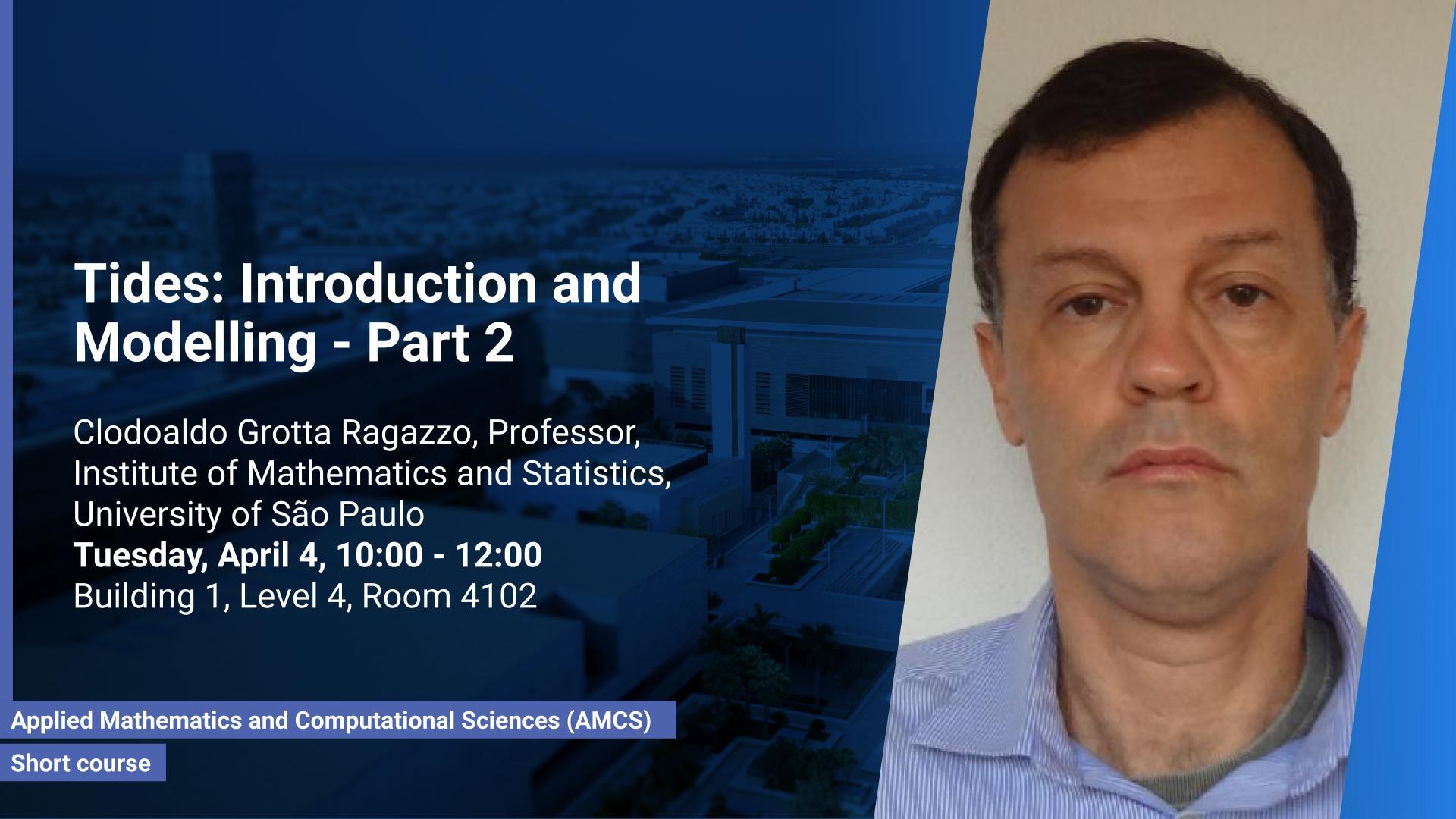Stochastic Numerics PI Professor Raul Tempone (Chair) and Computational Probability PI Professor Ajay Jasra (Co-Chair)
Sunday, May 21, 2023, 08:00
- 17:00
KAUST, Building 9
Dear Kaustians, We are excited to announce the upcoming Stochastic Numerics and Statistical Learning: Theory and Applications Workshop 2023, taking place at KAUST, Building 9, from May 21 to June 1, 2023. Following the highly successful 2022 edition, this year's workshop promises to be another engaging and insightful event for researchers, faculty members, and students interested in stochastic algorithms, statistical learning, optimization, and approximation. The 2023 workshop aims to build on the achievements of last year's event, which featured 28 talks, two mini-courses, and two poster sessions, attracting over 150 participants from various universities and research institutes. In 2022, attendees had the opportunity to learn from through insightful talks, interactive mini-courses, and vibrant poster sessions. This year, the workshop will once again showcase contributions that offer mathematical foundations for algorithmic analysis or highlight relevant applications. Confirmed speakers include renowned experts from institutions such as Ecole Polytechnique, EPFL, Université Pierre et Marie Curie - Paris VI, and Imperial College London, among others.
